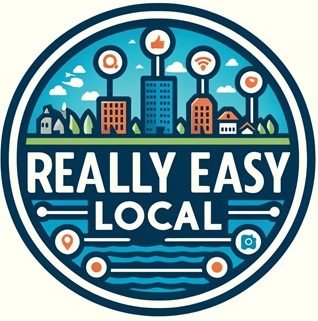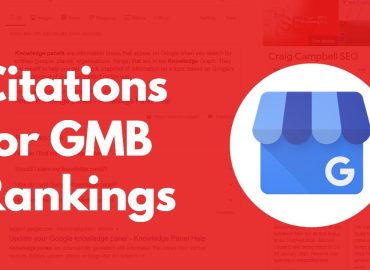A local business website should meet the specific needs of its target audience and provide essential information about the business while also being user-friendly and optimized for local search.
Here are some key requirements that a local business website should have:
Contact Information
Make sure your website prominently displays your business name, address, phone number (NAP), and email address. This information should be easily accessible from the homepage and ideally included in the footer of every page.
Business Hours
Clearly state your operating hours, including any variations for holidays or special occasions. This helps potential customers know when they can visit your business.
Location Map
Include an interactive map that shows your business location. This makes it easier for customers to find you and provides valuable context about your proximity to their location.
Services or Products Offered
Provide detailed information about the products or services you offer. Use clear descriptions, high-quality images, and, if applicable, pricing information to help visitors understand what you provide.
Customer Reviews and Testimonials
Display customer reviews and testimonials prominently on your website to build trust and credibility. Consider integrating review widgets from platforms like Google My Business or Yelp.
Online Booking or Appointment Scheduling
If applicable, offer online booking or appointment scheduling functionality directly on your website. This convenience can encourage more customers to engage with your business.
Local SEO Optimization
Optimize your website for local search by including relevant keywords, meta tags, and descriptions that reflect your location and services. Claim and optimize your Google My Business listing and ensure consistent NAP information across all online directories.
Mobile Responsiveness
Designed for the mobile environment, our themes are responsive and look great on tablets on phones.
Clear Calls to Action (CTAs)
Include clear and compelling calls to action (CTAs) throughout your website to guide visitors toward desired actions, such as contacting you, making a purchase, or signing up for your newsletter.
About Us Page
Create an About Us page that tells the story of your business, including its history, mission, values, and team members. This helps humanize your brand and establishes a connection with potential customers.
Social Media Integration
Include links to your social media profiles and encourage visitors to follow you on platforms like Facebook, Instagram, and Twitter. This allows customers to stay connected and engaged with your business beyond the website.
Security and Privacy
Ensure that your website is secure and complies with relevant data protection regulations, such as GDPR or CCPA. Implement SSL encryption, privacy policies, and secure payment gateways if applicable.



